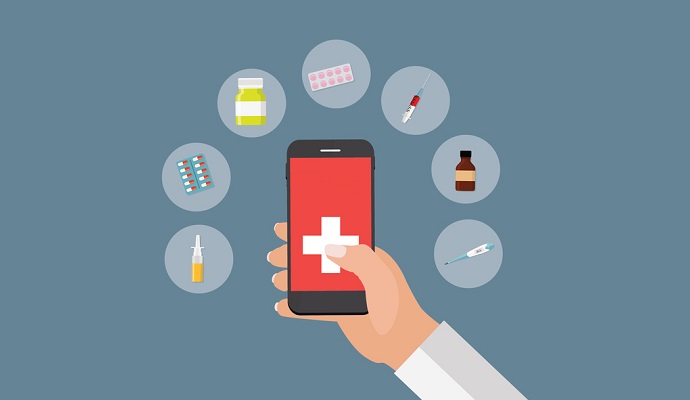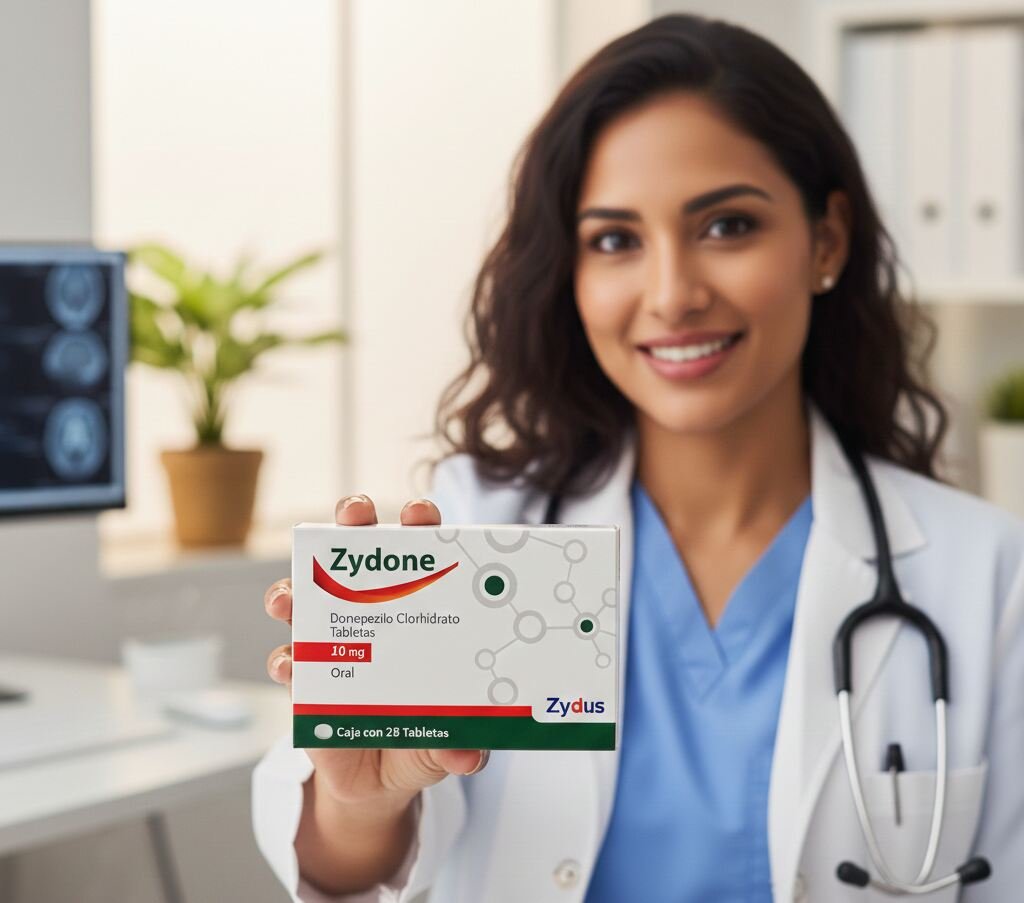Mobile app developers are introducing new ideas for delivering primary healthcare to meet consumers’ demands, involving smartphones and artificial intelligence (AI). It is a moment for smartphone app developers to address patients’ issues, who do not require a visit to a traditional medical office. These issues include their concern as to how patients using virtual primary care will provide specimens required for clinical lab tests? So, medical labs and pathology groups prepare for consumers sending their test orders via physicians who never visit their patients in person. This makes the role of a mobile application testing solution provider important than ever before. Testing teams need to come up with solutions to ensure that they address patient’s issues and ensure quality software releases.
When talking about the future of primary healthcare’s future, there are two companies at the forefront of taking initiatives, namely, K Health and 98point6. They have developed smartphone apps that incorporate AI-powered technology to support interaction between patients and real physicians conveniently.
24/7 Virtual Primary Care
According to the Dark Daily, the primary care in the U.S. is undergoing changes driven by a number of factors including busy schedules, consumer’s smartphone usage, virtual self-diagnosis, etc. Patients prefer choosing urgent care centers, mobile apps, and workplace clinics that are staffed by medical practitioners to address their immediate medical needs. 98point6 has created a smartphone app for decreasing the number of patients visiting physicians at clinics and hospitals. This app offers virtual text-based primary healthcare 24/7 across the country. This service was launched on May 1, 2018, in 10 states initially, which is now available nationwide. Thus, it becomes important for healthcare practitioners to partner with a reliable mobile app testing company and to deliver quality services that patients expect.
Incorporating Patient Data to Address Health Queries
K Health offers a similar healthcare service based on its own AI-powered mobile app. This app encapsulates data obtained from the records of more than 2 million anonymous patients in Israel over the past 20 years. It is a free app, but for a fee ranging from $14 for a one-time visit to $39 for an annual subscription. It allows users to text their doctors about their health issues. If medical experts recommend a treatment plan that requires a physical exam, lab tests or radiology scans, they may send the patients directly for some of the tests or ask them to visit a local doctor.
So, clinical labs will have to watch out for this shift in the delivery of primary healthcare services and find opportunities to serve consumers who get virtual primary care. Thus, it is an upcoming challenge for healthcare app developers to look for app testing companies that can come up with better solutions, using AI-powered technologies instead of recommending patients to visit a local medical practitioner. This will open new doors to technological advancements. Although it will cause some disruption in the industry, but it can yield solutions for all those looking for advanced virtual primary care without the need for physically visiting a clinic/hospital.
Read Dive is a leading technology blog focusing on different domains like Blockchain, AI, Chatbot, Fintech, Health Tech, Software Development and Testing. For guest blogging, please feel free to contact at readdive@gmail.com.





